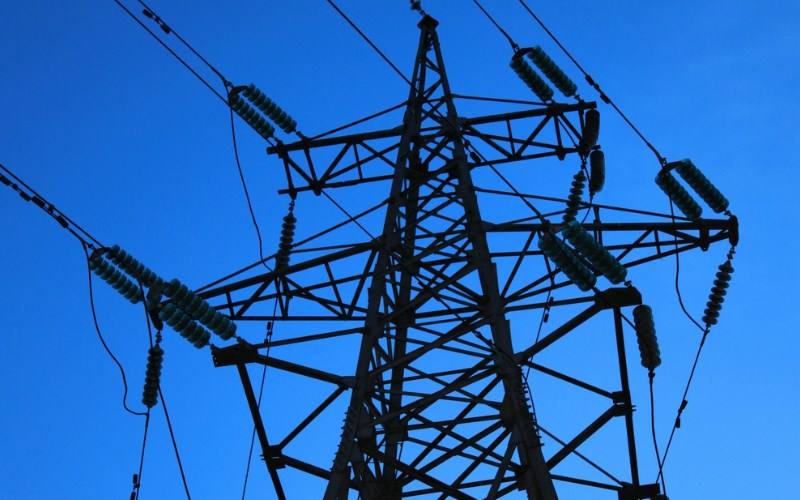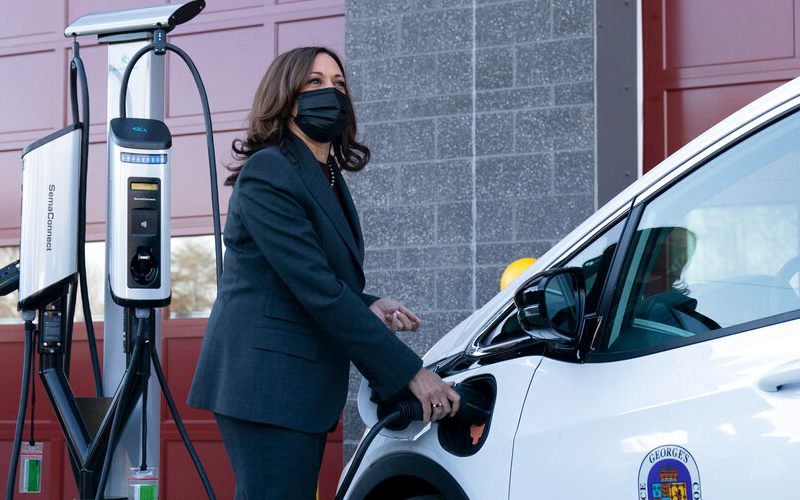The Associated Press reported last week that New York City lawmakers voted overwhelmingly (40-7) to bar most new buildings from using natural gas. Wednesday's vote positions the nation's most populous city to become a showcase for what it calls a "climate-change-fighting policy" that has been both embraced and blocked around the country.
Under the Big Apple's plan, most construction projects submitted for approval after 2027 would have to use something other than gas or oil – such as electricity – for heating, hot water, and cooking. Supporters say the proposal combats climate change and air pollution; but some building interests and utilities worry it would strain the electrical grid and increase power bills.
Dan Kish of the Institute for Energy Research sees the move away from natural gas as part of a "growing trend in very left-wing cities" he's seeing around the country.

"I just feel for the people of New York," Kish tells AFN. "Ultimately, this is going to drive up their costs [because] it costs twice as much to heat a home with electricity as it does with natural gas – and ultimately this is going to starve them of business and employment opportunities and all the rest. [And] it's going to hurt the poorest the most."
According to Kish, New York itself has huge natural gas reserves – but fracking has been banned in the Empire State.
"[That's] how Pennsylvania became the number-two producer of gas in the country after Texas," he continues. "[But New York is] denying their own people – landowners, farmers, and the rest – who could be leasing their land to produce energy … and they wouldn't be dependent upon others."
Kish adds: "They already import a huge amount of electricity from Canada, and that's only going to increase if people allow them to build the lines [to meet the electricity demands]."
Hospitals, commercial kitchens and some other facilities would be exempt under the city's plan.







